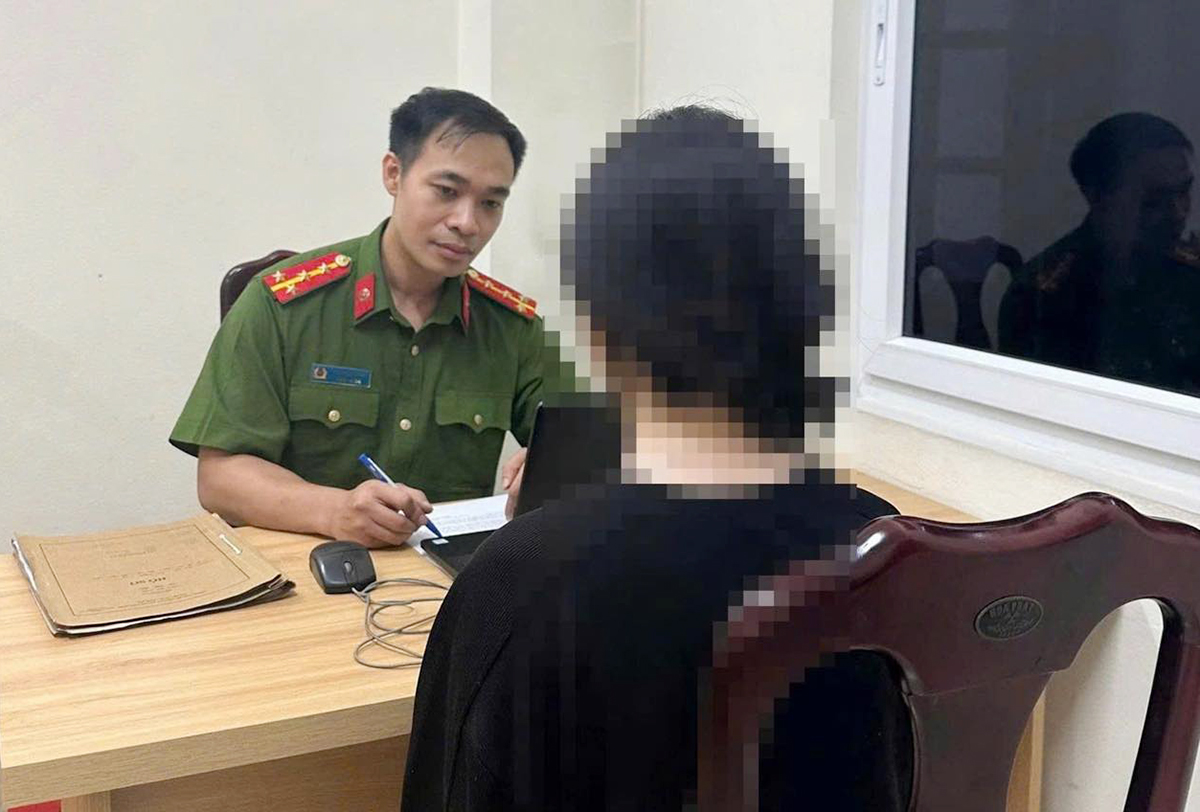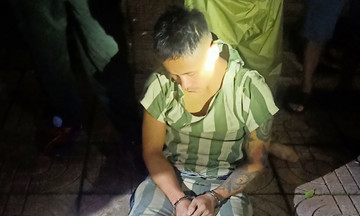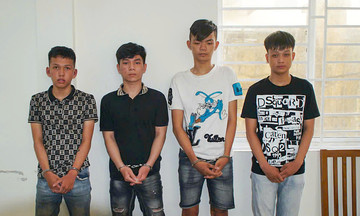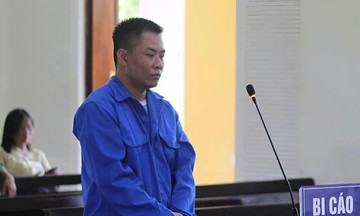The incident unfolded on the morning of 21/7 when the student received a call from someone claiming to be a police officer. The caller informed her that she was implicated in a money laundering and drug trafficking investigation. When she denied any involvement, the scammer demanded she transfer money to an "investigative account" for clarification, promising a refund if she was cleared.
As the student didn't have the money, the "online police" instructed her to find a secluded spot and create marks on her face and body to resemble injuries. She was then told to contact her family, show them the "injuries," claim she had been kidnapped, and demand a ransom for her release. Frightened, the student went to a hotel on La Thanh street and followed the instructions, pleading with her family to immediately transfer 370 million VND to the supposed kidnappers, who threatened to cut off her fingers.
Upon receiving the family's report at 11 a.m., the O Cho Dua ward police launched an investigation. About an hour later, they located the student in the hotel and brought her to the station for questioning.
 |
O Cho Dua ward police officers interview the victim. Photo provided by the police |
O Cho Dua ward police officers interview the victim. Photo provided by the police
These "online kidnappings" have recently emerged, targeting students or young, inexperienced individuals. In the initial call, the perpetrators employ intimidation tactics, accusing victims of involvement in serious crimes, often drug trafficking or money laundering. They then escalate the psychological pressure, threatening imprisonment for non-cooperation. This leads victims to isolate themselves, often by renting a hotel room, and avoid all contact, even with family.
Once they have established remote control, the scammers instruct victims to transfer money to "resolve the case" or "verify their accounts." To bolster credibility when contacting the victim's family, they may even provide the victim's real bank account information for the transfer.
Hanoi police advise the public to be vigilant and to educate family and friends about these scams. They emphasize that official police contact is always made through formal summons delivered in person or via local police, and never involves demands for money transfers or software installations.












